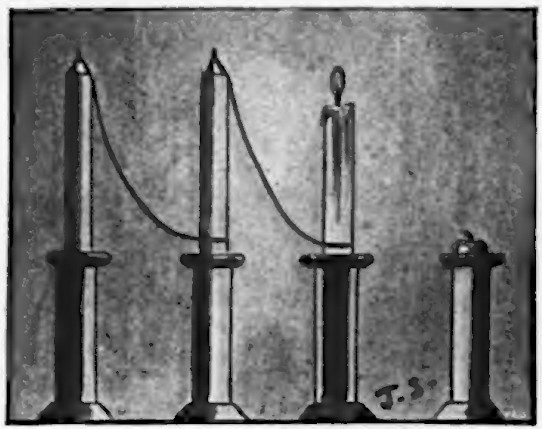
The remains of Richard III were discovered under a Leicester car park in 2012. In the city center searchers located the site of the demolished Greyfriars Church where Richard’s body had been buried hastily in 1485, and the skeleton of an adult male human was found beneath the church’s choir. It exhibited severe scoliosis of the spine and 10 injuries to the head, rib, and pelvis, including “a mortal battlefield wound in the back of the skull” apparently inflicted by a halberd. The king’s identity was confirmed by a mitochondrial DNA sample provided by his modern descendants.
He was reburied in Leicester Cathedral in 2015.
04/13/2024 UPDATE: He was identified through descendants of his elder sister, Anne of York — he had no direct living descendants. My mistake. (Thanks, Steve.)





